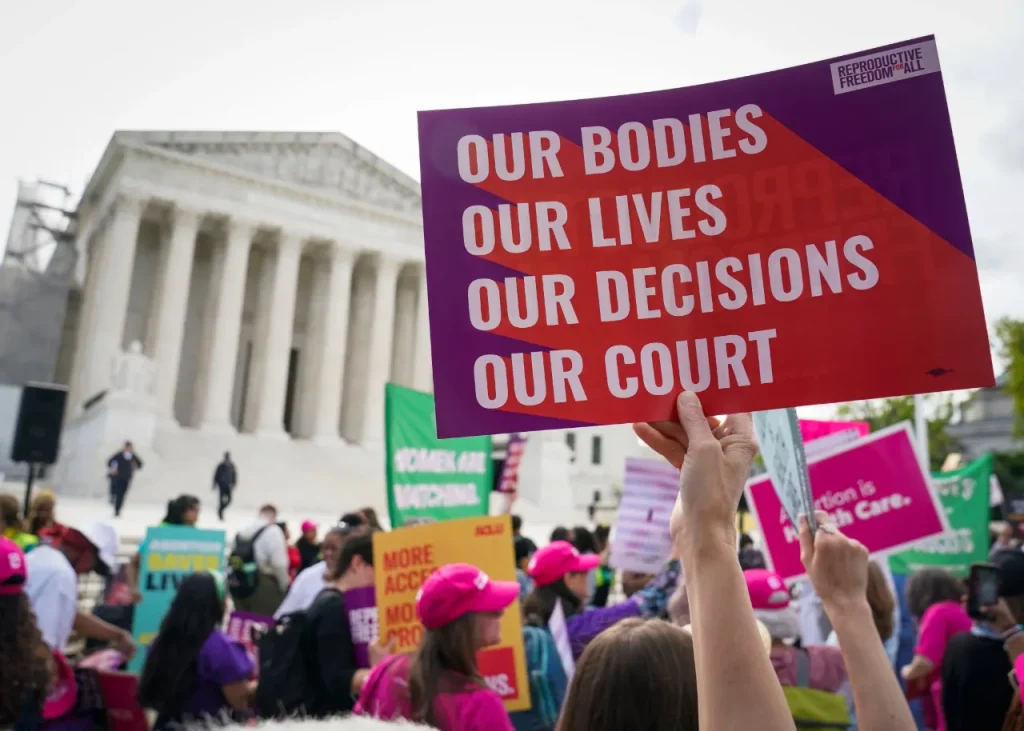The Supreme Court recently heard oral arguments in a case regarding whether states can ban minors from receiving gender transition medical care under the Equal Protection Clause of the 14th Amendment. Conservative justices on the Court appeared reluctant to overturn the Tennessee law in question, with Chief Justice Roberts and Justice Brett Kavanaugh suggesting that state legislatures are best equipped to regulate medical procedures. The case in question, United States v. Skrmetti, centers on a Tennessee law that bans gender-transition treatments for minors in the state. The law also takes aim at health care providers in Tennessee who continue to provide gender-transition treatments to transgender minors, opening them up to fines, lawsuits, and other liability. The Supreme Court’s ruling could have sweeping implications for more than 20 U.S. states that have moved to implement similar laws.
Wednesday’s oral arguments marked the first time the Supreme Court considered restrictions on puberty blockers, hormone therapy, and surgery for minors. Petitioners in the case were represented by the Biden administration and the ACLU, which sued to overturn the Tennessee law on behalf of the parents of three transgender adolescents and a Memphis-based doctor. At issue during the oral arguments was the level of scrutiny that courts should use to evaluate the constitutionality of state bans on transgender medical treatment for minors, such as SB1. Both sides continued to battle over the level of scrutiny that the court should apply in reviewing laws involving transgender care for minors, including SB1. Petitioners argued that the court should use the test of heightened scrutiny, which requires states to identify an important objective that the law helps accomplish, while the state of Tennessee reiterated its claim that the rational basis test is sufficient. Prelogar argued that SB1 discriminates against individuals on the basis of sex, which itself warrants a heightened level of scrutiny under the Equal Protection Clause.
Respondents for the state of Tennessee argued that SB1 was designed to protect minors from what they described as “risky and unproven medical interventions.” The state argued that SB1 draws a “purpose-based line, not a sex-based line,” thus failing to meet the necessary requirement to trigger heightened scrutiny. On issues of classification, justices questioned the application of SB1. Tennessee has argued that its law can withstand the test of heightened scrutiny, contending that it has “compelling interests” to protect the health and safety of minors in the state and “in protecting the integrity and ethics of the medical profession.” The controversial case comes at a time when Republicans are set to take control of the White House, hold the House, and regain the Senate, giving them a greater influence on the composition of the federal courts. The court is expected to rule on U.S. v. Skrmetti before July 2025.

